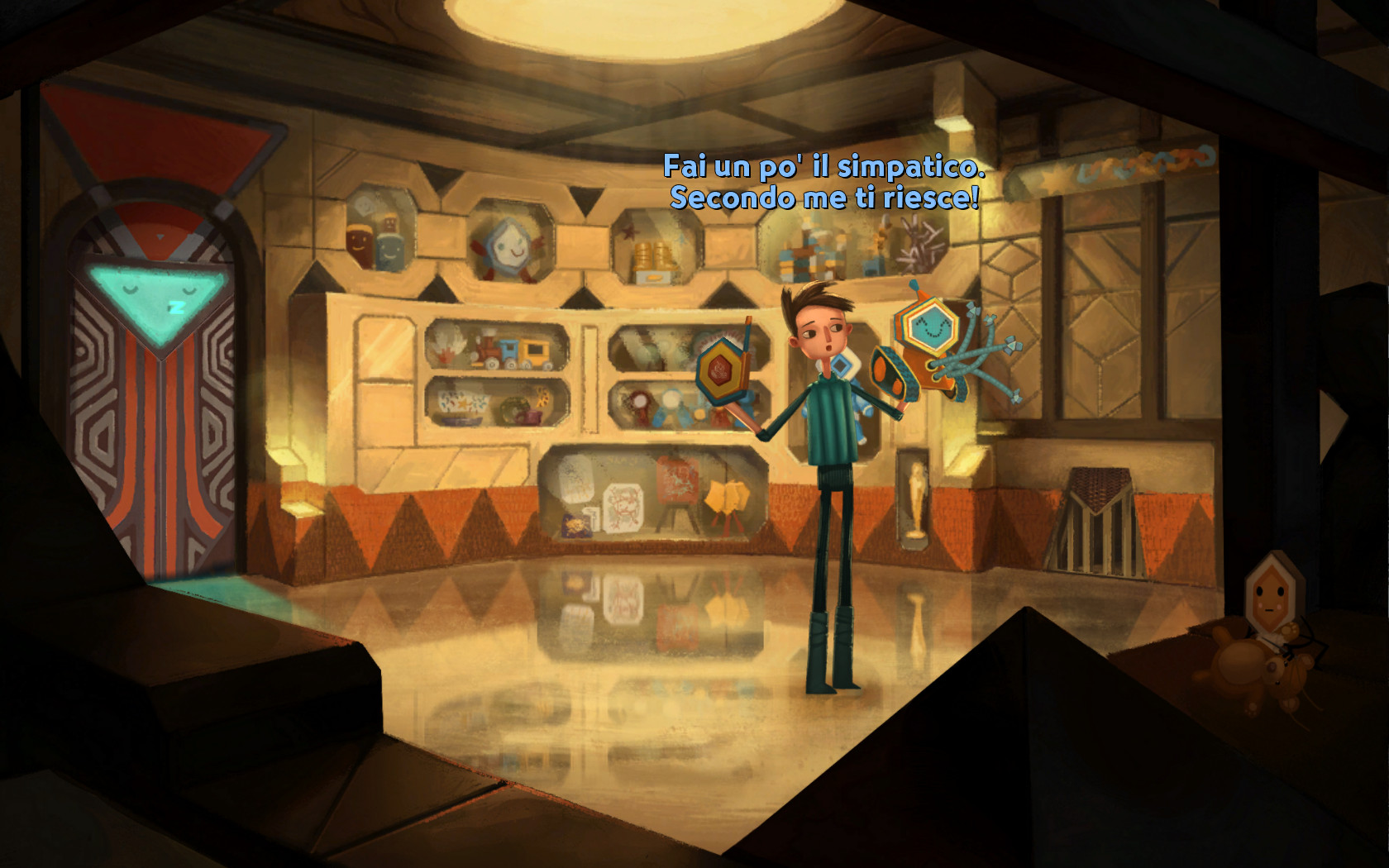


This means glucose stays in the blood and isn't used as fuel for energy. Type 2 diabetes occurs when the body doesn't produce enough insulin to function properly, or the body's cells don't react to insulin. It's very important for diabetes to be diagnosed as soon as possible as it will get progressively worse if left untreated. Read more about the symptoms of type 2 diabetes passing urine more often than usual, particularly at night.Your body tries to reduce blood glucose levels by getting rid of the excess glucose in your urine. The symptoms of diabetes occur because the lack of insulin means glucose stays in the blood and isn't used as fuel for energy. type 2 – where the pancreas doesn't produce enough insulin or the body's cells don't react to insulinĪnother type of diabetes, known as gestational diabetes, occurs in some pregnant women and tends to disappear after birth.type 1 – where the pancreas doesn't produce any insulin.The hormone insulin – produced by the pancreas – is responsible for controlling the amount of glucose in the blood Image: Thomas Hardy by William Strang, 1893, public domain.Diabetes is usually a lifelong condition that causes a person's blood glucose (sugar) level to become too high. He is the author of, among others, The Secret Library: A Book-Lovers’ Journey Through Curiosities of History and The Great War, The Waste Land and the Modernist Long Poem. The author of this article, Dr Oliver Tearle, is a literary critic and lecturer in English at Loughborough University. We’ve also picked the best Thomas Hardy novels here. We also have more classic poems about birds, and we’ve compiled some of Hardy’s best poems here. It contains all of Hardy’s poetry for a very reasonable price. The best affordable edition of Thomas Hardy’s complete poems is The Collected Poems of Thomas Hardy (Wordsworth Poetry Library). Unlike the thrush’s carolings, Hardy’s poem does not sound an unconditionally positive note. This ambivalence is partly what helps to make ‘The Darkling Thrush’ not only a great Thomas Hardy poem to read, but also a great piece of poetry to analyse. The poem ends on an ambiguous note: is the speaker inspired by the ‘blessed Hope’ of the thrush’s song, or does he continue to lack optimism for the future? He is ‘unaware’ of the thrush’s reasons for being cheerful, but he seems to believe that such a cause for hope exists somewhere, and he simply hasn’t discovered (or rediscovered) it yet. That I could think there trembled through The word ‘illimited’ is typical Hardy: not ‘unlimited’ (suggesting excess) but ‘ illimited’, describing a joy that is unaffected by knowledge of such things as the end of the year or the end of the century, the very limits or endings which prey upon the speaker’s mind. The fact that the thrush, despite being ‘aged’ and ‘small’, can still sing a song filled with ‘joy illimited’ is contrasted with the speaker’s lack of hope and joy (if we take the speaker of the poem to be Hardy himself, he, too, is aged: Hardy was sixty in 1900). Thomas Hardy lost his own faith in Christianity early in life, partly as a result of his reading of Auguste Comte and Charles Darwin (whose On the Origin of Species Hardy had read as a young man), though he retained a fondness for the trappings of Christianity, such as church architecture and the language of the King James Bible. The century is dying (‘crypt’, ‘death-lament’) because it is at its end, but also because something has died as a result of the events of that century: religious faith. A thrush appears, and sings so joyfully that the speaker is convinced that the bird knows something he does not – that the thrush singing in the twilight knows of brighter days to come. In summary, then: the poem’s speaker leans upon a woodland gate and views the land around him as a symbol of the events of the nineteenth century, the ‘Century’s corpse outleant’ the speaker is made a part of the scene, not just a detached observer, as ‘outleant’ echoes the speaker’s own action at the start of the poem (‘I leant upon a coppice gate’).


 0 kommentar(er)
0 kommentar(er)
